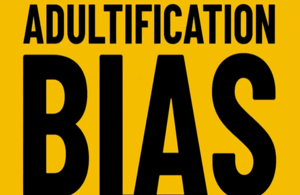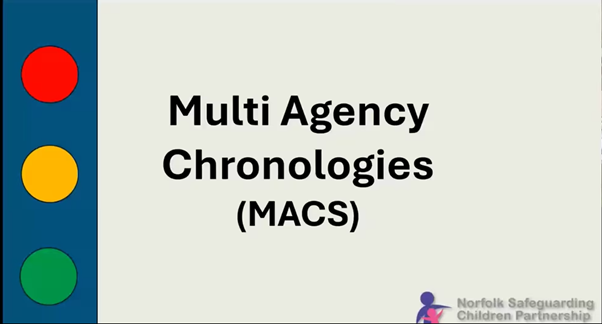Report into deaths of Children in Need by Children’s Commissioner for England
Dame Rachel de Souza, Children’s Commissioner for England, has given the following response to the verdict on 11th December in the case of Sara Sharif’s death at the hands of her family.
6th January, 2025


It is absolutely unacceptable that in England today children have less protection from assault than adults, and it is imperative that no parent will ever be able to use the words ‘I legally punished my child’ again as a defence for violence.
The role of Children’s Commissioner was created almost exactly twenty years ago, on 15th November 2004, in response to the tragic death of Victoria Climbié. In 2017, we were all devastated to hear of the death of Peter Connelly (Baby P), and the horrific circumstances surrounding it. In 2021, Arthur Labinjo-Hughes and Star Hobson were also entirely let down by those who should have protected them. We have been here before – and each time we have said ‘never again’.
Children are still dying at the hands of their parents, and signs are still being missed. We must learn lessons from the past and implement meaningful change immediately. It is not good enough to wait until it is too late again.
Alongside my response to Sara Sharif’s tragic death, which can be found here, I have also published a technical report on the deaths of children in need.
I have found that the deaths of children previously known to social services, but not at the time of their death – just like Sara – are six times more likely to have been due to abuse, neglect or deliberately inflicted injuries than those of children not known to services. Deliberately inflicted injuries, abuse or neglect account for 2.1% of child deaths. This is an unacceptably high risk to children on the edge of care who need better protection.
I am calling for the following changes to be implemented urgently:
- A change in the law to give equal protection for children from assault to adults: by removing the legal defence of ‘reasonable chastisement’ to a charge of assault.
- Schools must be the fourth safeguarding partner: Schools should also maintain accountability for children for a year when they are taken out to be home educated.
- Stricter rules on home education, including an urgent introduction of a register of children not in school: Local authorities should have to agree a home-educating request for any child who’s ever been known to social care due to concerns around abuse and neglect. Home education should not be permitted for any child with a social worker or live referral to children’s social care.
- Improved data sharing: A unique identifier should be introduced and, in the first instance, the Children’s Wellbeing Bill should stipulate what data should be proactively shared with safeguarding partners. That should include ensuring border force data is shared with local authorities and schools when children leave and enter the country.
- National thresholds of need for children in need: We need clarity on what threshold children and families must meet to be offered support through a child in need plan, under section 17 of Children Act 1989.
There can be no doubt that Sara was failed in the starkest terms by the safety net of services around her. Even before she was born, she was known to social care – and yet she fell off their radar so entirely that by the time she died, she was invisible to them all.
We can have no more reviews, no more strategies, no more debate. When we say ‘never again’, we have to mean it – let that be Sara’s legacy.
Yours sincerely,
Dame Rachel de Souza
Children’s Commissioner for England


